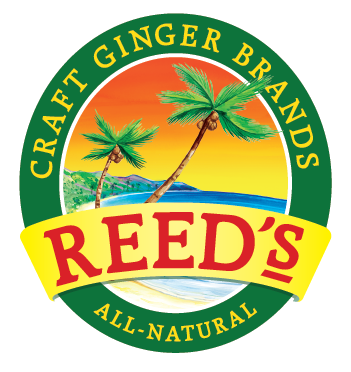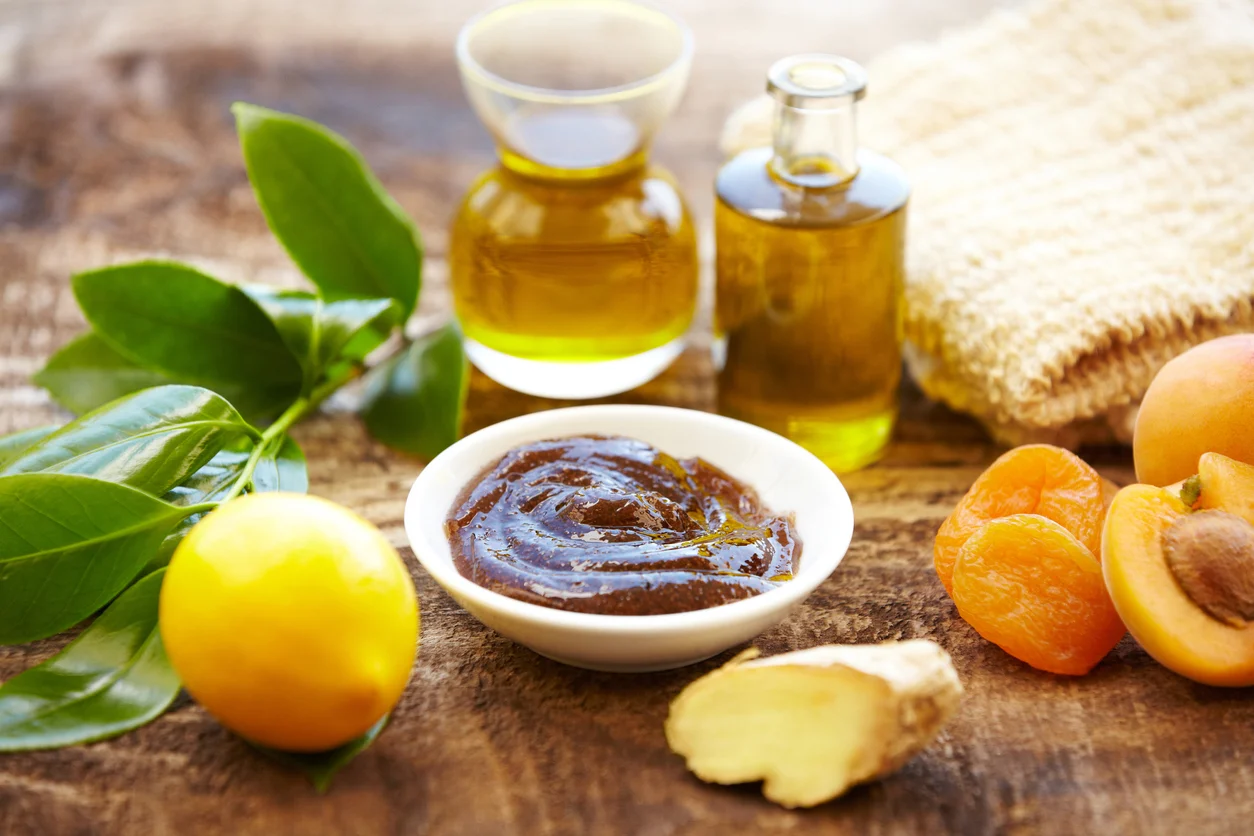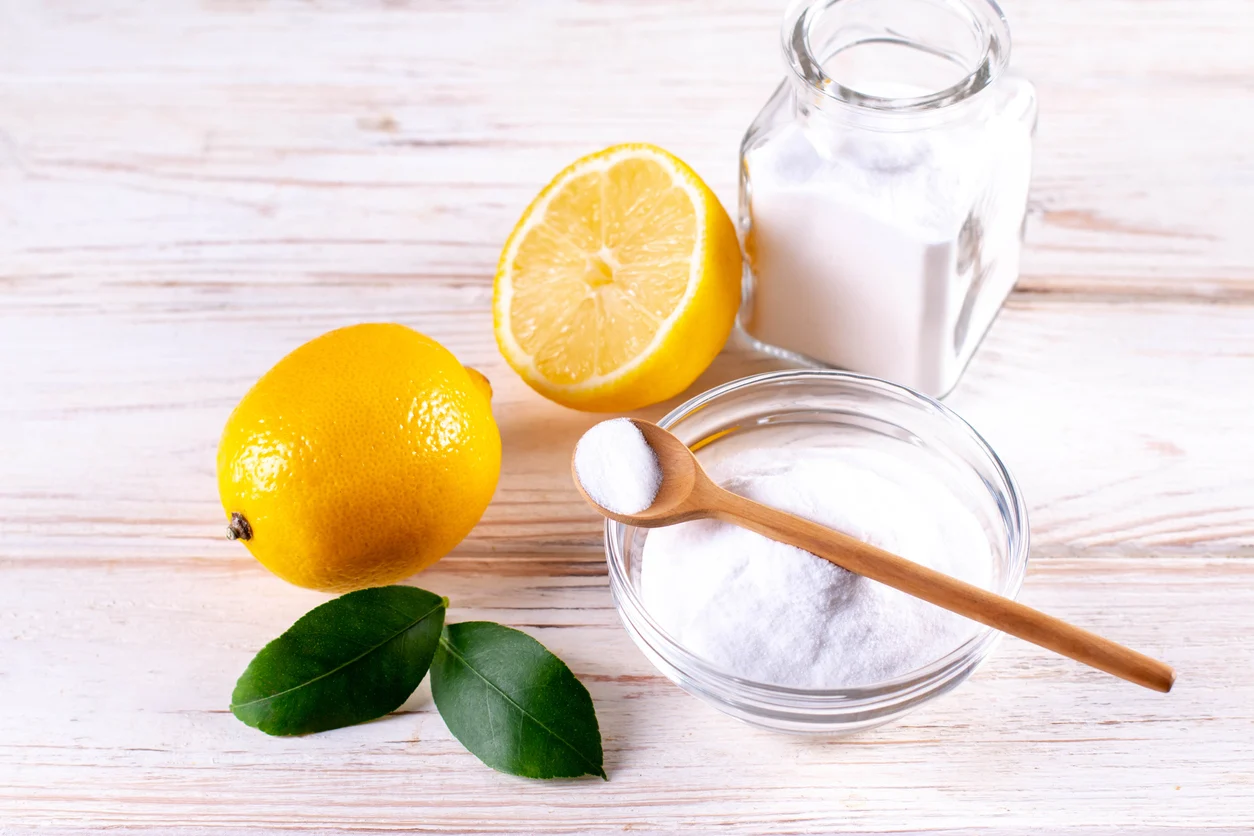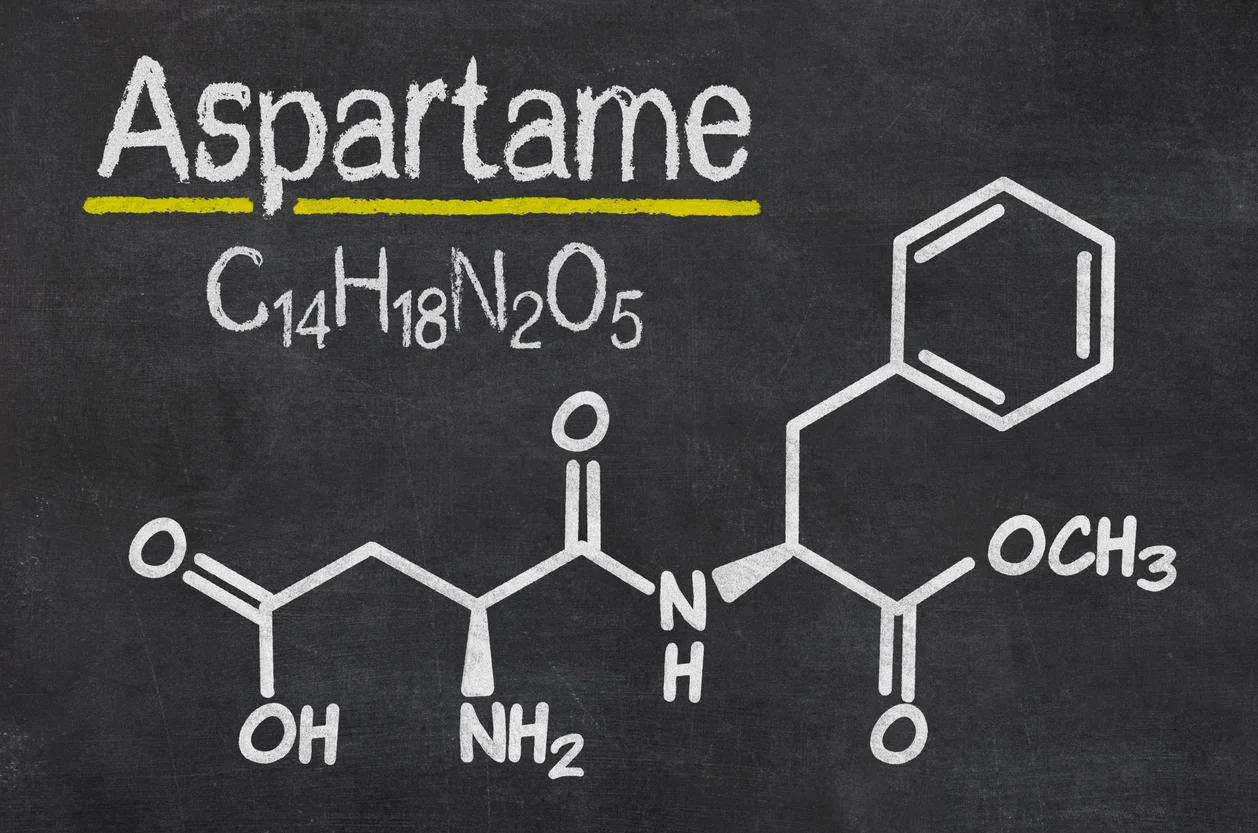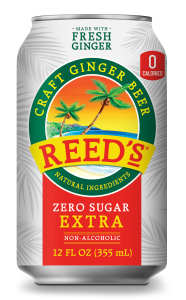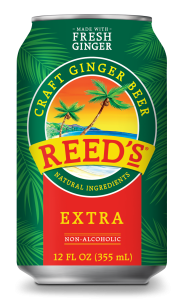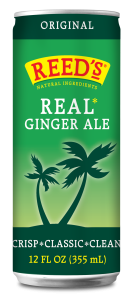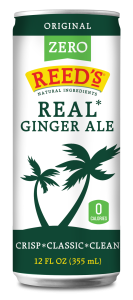In the quest for low-calorie sweetness, aspartame has long been a popular choice among consumers looking to cut back on sugar without sacrificing sweetness. Marketed as a calorie-free sweetener, aspartame is found in a wide range of products, from diet sodas to sugar-free gum. However, despite its widespread use and approval by regulatory agencies, mounting evidence suggests that aspartame may pose significant risks to your health. Let’s explore the dark side of aspartame and why it’s wise to avoid this artificial sweetener.
Understanding Aspartame:
Aspartame is an artificial sweetener composed of two amino acids, aspartic acid, and phenylalanine, along with a methyl ester. It is approximately 200 times sweeter than sucrose (table sugar) on a weight basis, making it an attractive option for manufacturers seeking to reduce the calorie content of their products. Aspartame is used in a variety of foods and beverages marketed as “sugar-free” or “diet,” including soft drinks, desserts, yogurt, and chewing gum.
The Risks of Aspartame Consumption:
Despite its widespread use and regulatory approval by organizations like the FDA (Food and Drug Administration) and EFSA (European Food Safety Authority), concerns about the safety of aspartame persist. Here are some reasons why aspartame is considered bad for your health:
1. Potential Neurological Effects:
Aspartame contains phenylalanine, an amino acid that can cross the blood-brain barrier and affect neurotransmitter levels in the brain. Some studies have linked aspartame consumption to neurological symptoms such as headaches, dizziness, mood changes, and cognitive impairment. Additionally, research suggests that long-term exposure to aspartame may contribute to neurological disorders like Alzheimer’s disease and Parkinson’s disease.
2. Metabolic Impact:
Despite being calorie-free, aspartame may have unintended consequences on metabolic health. Some studies suggest that aspartame consumption may disrupt glucose metabolism, leading to increased appetite, weight gain, and a higher risk of metabolic syndrome and type 2 diabetes. Additionally, aspartame has been shown to alter gut microbiota composition, which could further exacerbate metabolic dysfunction.
3. Potential Carcinogenicity:
While regulatory agencies have deemed aspartame safe for human consumption, certain studies have raised concerns about its potential carcinogenic effects. Animal studies have suggested a possible link between aspartame intake and an increased risk of cancer, particularly leukemia and lymphoma. While more research is needed to confirm these findings in humans, the carcinogenic potential of aspartame remains a subject of debate and concern.
4. Adverse Reactions in Sensitive Individuals:
Some individuals may be particularly sensitive to the effects of aspartame, experiencing adverse reactions even at low doses. Common symptoms reported include headaches, migraines, gastrointestinal distress, allergic reactions, and mood disturbances. For these individuals, avoiding aspartame-containing products is essential to prevent potential health problems.
Choosing Healthier Alternatives:
Given the potential risks associated with aspartame consumption, opting for healthier sweetener alternatives is advisable. Natural sweeteners like stevia, monk fruit extract, erythritol, and xylitol offer sweetness without the harmful effects of artificial sweeteners. These alternatives provide a safer and more natural way to satisfy your sweet tooth without compromising your health. This is exactly why we choose to make all of our sodas with natural ingredients!
While aspartame may offer a calorie-free sweetness, its potential risks to health cannot be ignored. From neurological effects to metabolic disturbances and concerns about carcinogenicity, the evidence suggests that aspartame may pose significant health hazards, particularly with long-term consumption. Choosing healthier sweetener alternatives and minimizing your intake of processed foods and beverages containing artificial sweeteners is a prudent step toward safeguarding your health and well-being. By prioritizing natural, whole-food sources of sweetness, you can enjoy the sweetness of life without compromising your health.

